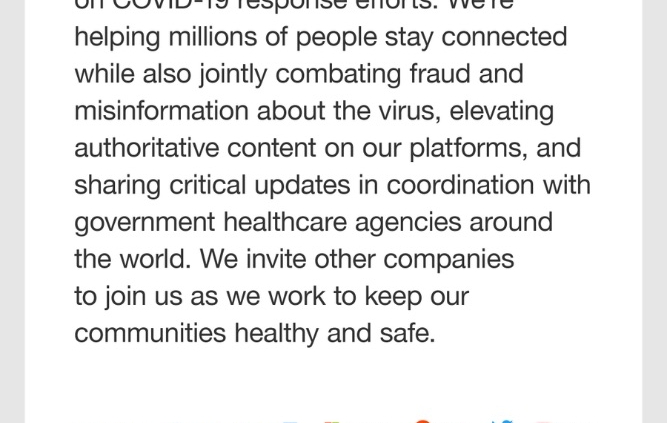Posted by Anna Hupa, Senior Strategist, Trust & Safety at Google
In 2015, we launched our Vulnerability Research Grant program, which allows us to recognize the time and efforts of security researchers, including the situations where they don’t find any vulnerabilities. To support our community of security researchers and to help protect our users around the world during COVID-19, we are announcing a temporary expansion of our Vulnerability Research Grant efforts.
In light of new challenges caused by the coronavirus outbreak, we are expanding this initiative by creating a COVID-19 grant fund. As of today, every Google VRP Bug Hunter who submitted at least two remunerated reports from 2018 through April 2020 will be eligible for a $1,337 research grant. We are dedicating these grants to support our researchers during this time. We are committed to protecting our users and we want to encourage the research community to help us identify threats and to prevent potential vulnerabilities in our products.
We understand the individual challenges COVID-19 has placed on the research community are different for everyone and we hope that these grants will allow us to support our Bug Hunters during these uncertain times. Even though our grants are intended to recognize the efforts of our frequent researchers regardless of their results, as always, bugs found during the grant are eligible for regular rewards per the Vulnerability Reward Program (VRP) rules. We are aware that some of our partners might not be interested in monetary grants. In such cases, we will offer the option to donate the grant to an established COVID-19 related charity and within our discretion, will monetarily match these charitable donations.
For those of you who recently joined us or are planning to start, it’s never too late. We are committed to continue the Vulnerability Research Grant program throughout 2020, so stay tuned for future announcements and follow us on @GoogleVRP!











